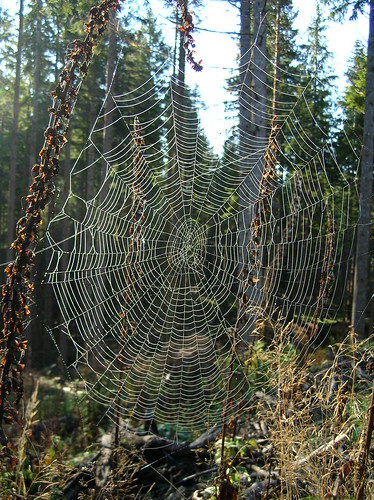It has been a long time since I've talked about spirituality here. Remember when saw red? Or when I was blue like jazz? Today I am just confused, so hang on to you hat, because I am full of questions and springboards leading to jumps in all sorts of directions.
I've been doing a lot of reading lately. Most recently, Karen Armstrong's The Great Transformation: The Beginning of Our Religious Traditions. The book documents the rise of Confucianism, Daoism, Hinduism, Buddhism, monotheism in Israel and philosophical rationalism in Greece in what she calls the axial age, a term coined by German philosopher Karl Jaspers. The Axial Ag spans the period from 800 b.c. to 200 b.c. and Armstrong argues that the dominant themes (in particular the rise of compassion) of the major world religions are a product of this age in religious philosophy.
It was for me a fascinating read that underscored some of my questions about our religion and relationship to God/the Gods. What struck me at this point in my journey is that, like language, societal beliefs about religion and what is "right" have evolved over time. Of course, this isn't a novel idea, but it's not one I've often stopped to really consider. The thing is that the dominance of a belief is not necessarily a measure of its validity or correctness. For centuries before the development of the "Big Three", people were worshipping other gods. In the book of Deuteronomy, God commands "You shall have no other Gods before me." Even as a child, anyone who attends a Christian church learns that this is a prohibition against idolatry. In my mind, I always associated this with images, statues, symbols. You know, graven images. I never really stopped to think about the idea that people of the time (and times long before!) and region literally were worshipping other Gods.
The sheer diversity of beliefs about God always makes me think one thing: Why? Why is any one belief or conception of God more valid than another? Why is it acceptable to worship the Christian God over, say, the Goddess. Why does most of my culture believe there is one God, who is invariably given masculine attributes? What happened to the feminine face of God? Why is there (according to the Christian overtones that permeate American life) only one God? Is God single and male? Is She single and female? Both? Does that mean one God with a masculine and feminine aspect? Or is God beyond notions of gender? Or is there a God and Goddess? A whole pantheon of Gods and Goddesses?
With all my questions and doubts, polytheism is not something that feels entirely comfortable or natural to me at this point, especially not hard polytheism. Broadening out into Neo-Paganism, even if one accepts the idea of polytheism, there are questions there too: Am I a hard polytheist? A soft polytheist? What makes the Irish pantheon more worthy of worship than, say the Hellenic one? Or would Asatru put on its horned Viking hat, and charge forth to kick their asses and steal their lunch money? How does one choose? Are they really separate Gods or just aspects of the same God(s).
I'm telling you, being open is confusing. One of the things that I am trying really hard to do as I embark on this journey of discovery is to abandon my preconceptions about deity and explore ideas that may be new, radical or even uncomfortable to me. The only thing I will not give up is my intractable faith in the idea that while there are many paths to the mountain top, the one I take must be paved with kindness, love and compassion toward our earth and all life. That leaves a lot of room for exploration! Maybe, like Hesse's Peter Camenzind, I'll take off on this journey only to end up in the village where I started out. Maybe I will discover completely new lands by consenting to lose sight of the shore. Either way, I am sure I will collect a lot of interesting stories and ideas along the way.


No comments:
Post a Comment